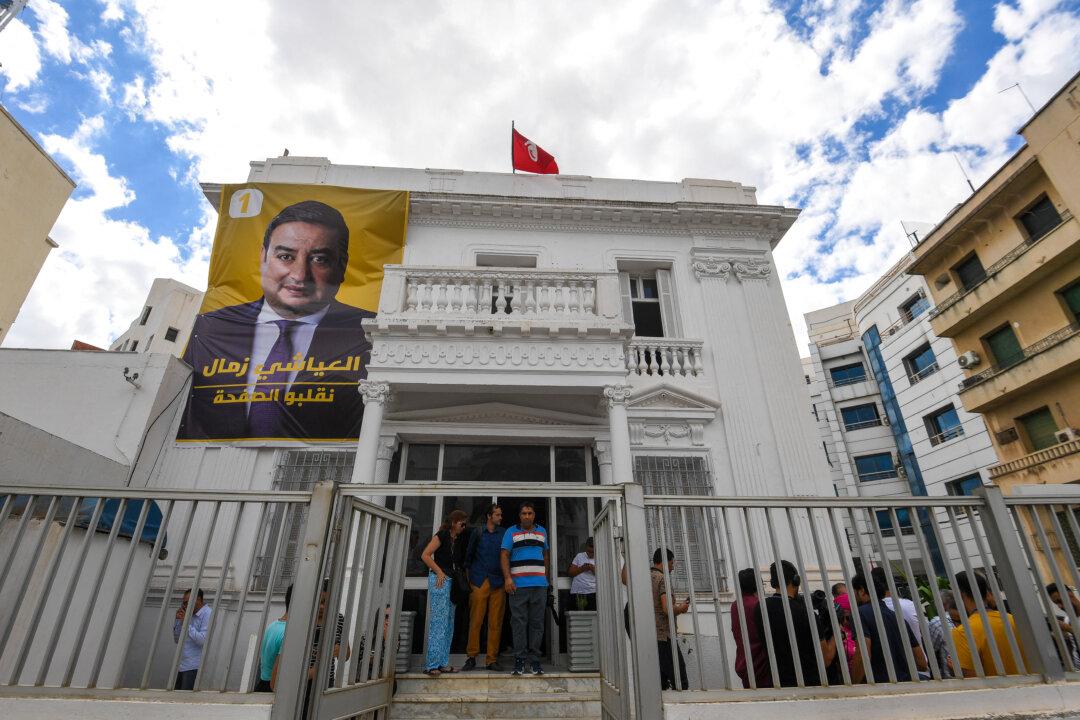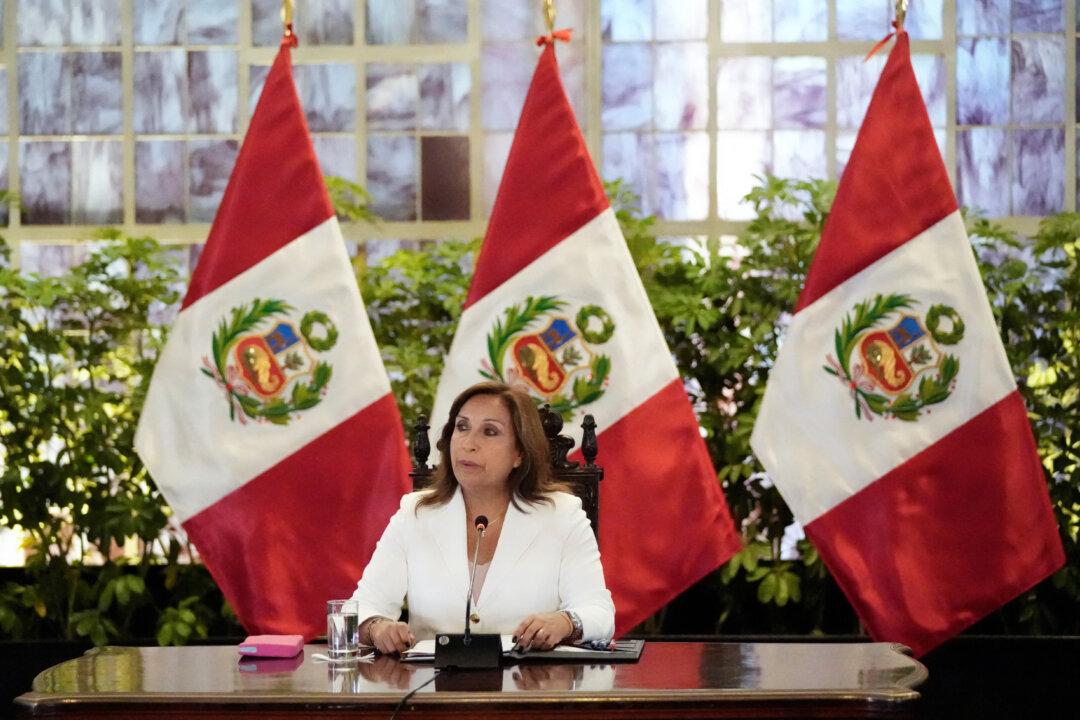BEIJING - A Tibetan youth considered by rights groups to be the world’s youngest political prisoner turns 17 on Tuesday, 11 years after disappearing from public view when he was named the Himalayan region’s second-ranking religious figure.
The whereabouts of Gendun Choekyi Nyima -- who human rights watchdogs say has been living under house arrest since Tibet’s exiled god-king, the Dalai Lama, appointed him the 11th Panchen Lama -- is one of China’s most zealously guarded state secrets.
A senior Canadian official pressed for access to Nyima during a visit to Tibet this month, but it fell on deaf ears.
Chinese officials parroted their assertion that Nyima was “safe and comfortable and wishes to maintain his privacy”, said the Canadian, who requested anonymity.
The Chinese cabinet spokesman’s office did not reply to a list of questions submitted by fax a week ago.
The Dalai Lama’s unilateral announcement embarrassed and enraged China’s atheist Communists, who dropped Nyima’s name from a shortlist of candidates and endorsed Gyaltsen Norbu as the reincarnation of the 10th Panchen Lama, who died in 1989.
Tibetan Buddhists believe in reincarnation and that the soul of a “living Buddha” migrates to a boy born shortly after the holy monk’s death. The reincarnation is identified through a mystical search that includes a series of ancient and rigorous tests such as picking out items that belonged to the late lama.
While Nyima languished in limbo, Norbu has studied Buddhism for years and made his debut on the world stage this month at China’s first international religious forum since 1949.
Security is extremely tight wherever Norbu goes, apparently to prevent any assassination attempt against the 16-year-old, who is reviled by Dalai Lama loyalists as a pretender.
“China made a huge gamble in 1995 when it decided to appoint its own Panchen Lama. It seems this has failed completely so far,” said Robbie Barnett, a Tibetologist at Columbia University.
The Next Dalai Lama
Many analysts expect China, increasingly confident due to its emerging economic and military power, to demand the Dalai Lama recognise its choice before allowing him to return. The Dalai Lama fled into exile in India in 1959 after an abortive uprising.
Whether Chinese Communist Party chief Hu Jintao, who was close to the 10th Panchen Lama during his stint as Tibet’s party boss from 1988 to 1992, has the political clout or the intention to undo what the previous administration did remains to be seen.
Party hardliners have sought to undermine the Dalai Lama’s influence in Tibet and appear to be dragging their feet on reconciliation in the hope that the headache would disappear after the 70-year-old Dalai Lama dies.
By sticking firmly to its Panchen Lama choice, China may have deprived itself of having a say in the next Dalai Lama.
“China has lost a great opportunity to control the selection and training of the next Dalai Lama,” Wang Lixiong, author of two books on Tibet that are banned in China, told Reuters.
Tibetan tradition calls for the Dalai and Panchen lamas to approve each other’s reincarnations.
The Karmapa Lama who fled Tibet and joined the Dalai Lama in India in 2000 and Renji, the daughter of the 10th Panchen Lama, are tipped by some to fill the Dalai Lama’s shoes when he dies.
“We shouldn’t rule out that Tibetans may accept the Karmapa or even the Panchen Lama’s daughter as being important figures in the future,” Barnett said.





